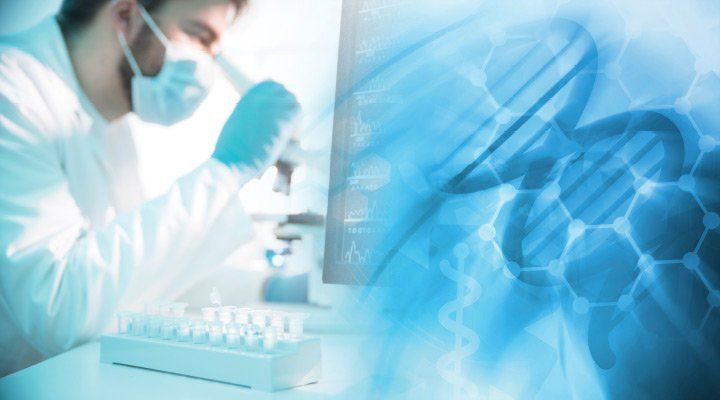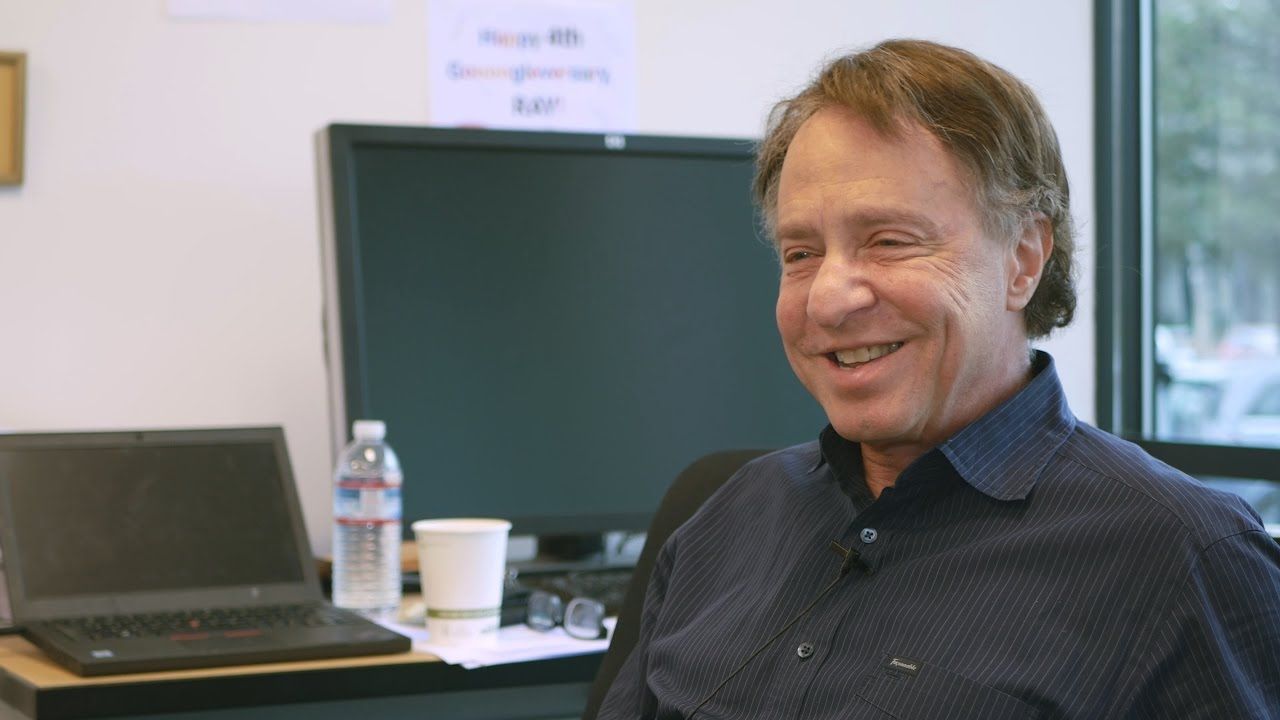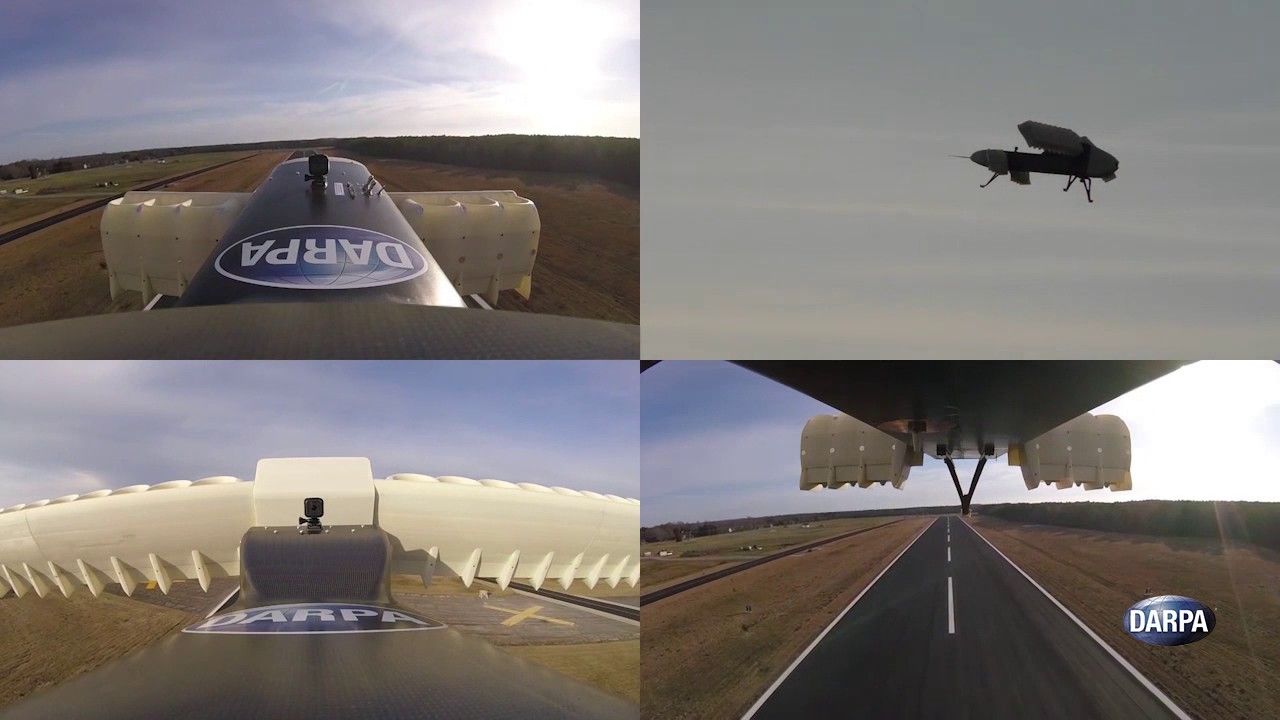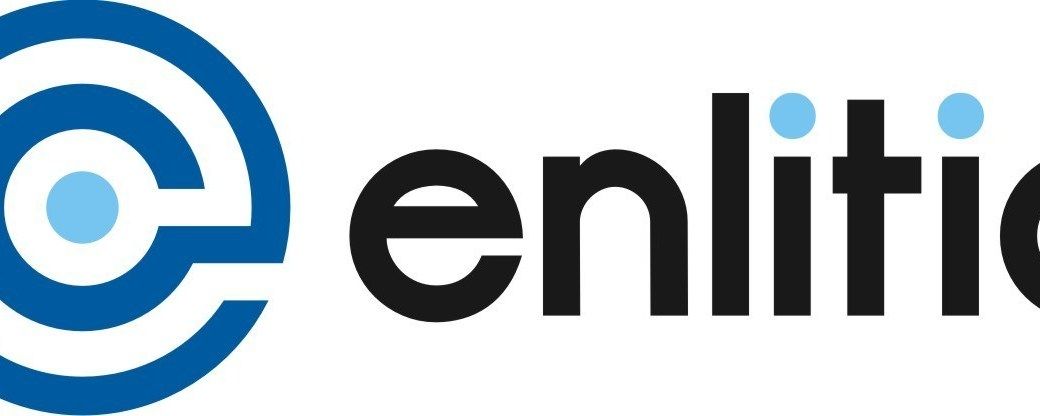Deep learning owes its rising popularity to its vast applications across an increasing number of fields. From healthcare to finance, automation to e-commerce, the RE•WORK Deep Learning Summit (27−28 April) will showcase the deep learning landscape and its impact on business and society.
Of notable interest is speaker Jeffrey De Fauw, Research Engineer at DeepMind. Prior to joining DeepMind, De Fauw developed a deep learning model to detect Diabetic Retinopathy (DR) in fundus images, which he will be presenting at the Summit. DR is a leading cause of blindness in the developed world and diagnosing it is a time-consuming process. De Fauw’s model was designed to reduce diagnostics time and to accurately identify patients at risk, to help them receive treatment as early as possible.
Joining De Fauw will be Brian Cheung, A PhD student from UC Berkeley, and currently working at Google Brain. At the event, he will explain how neural network models are able to extract relevant features from data with minimal feature engineering. Applied in the study of physiology, his research aims to use a retinal lattice model to examine retinal images.
Read more

















